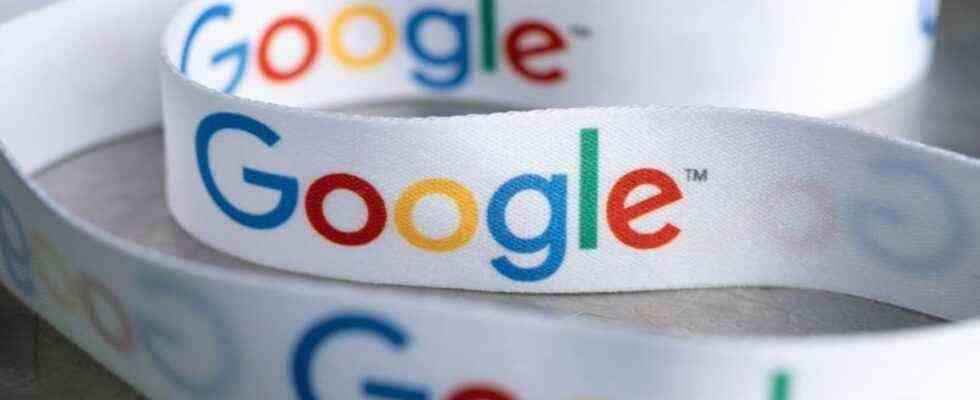telecommunications
Google announces new data protection model for Android
Google has announced a new data protection model for its Android smartphone operating system. Photo: Bernd von Jutrczenka/dpa
© dpa-infocom GmbH
After Apple, Google now also wants to limit the collection of data on smartphones via its Android system. But the group wants to at least look out for alternatives for advertisers.
After the iPhone shock, the online advertising industry has to adapt to the new rules of the game for smartphones with the Android operating system.
Google, the Android developer, announced Wednesday privacy-enhancing measures to be developed in the coming years.
The basis for the previous business with online advertising on smartphones was an identification number, with the help of which the advertising industry could collect information about the interests of a user and play personalized ads for him.
But last year, Apple dealt the model a serious blow: App providers must now explicitly ask iPhone users for permission if they want to track their behavior across different apps and services. Many people reject this. The Facebook group Meta, among others, felt the effects and recently estimated that the new Apple rules could reduce sales by ten billion dollars this year.
Only limited sharing of user data
Google has now announced that, on the one hand, the sharing of user information with third parties – such as data dealers in the advertising industry – should be restricted. They also want to find solutions that do without the previous advertising ID for data collection across different apps.
At the same time, Google – without naming Apple – distanced itself from the iPhone group’s approach. According to a blog entry, other platforms had “harshly” restricted previous mechanisms. Without an alternative solution, this would be inefficient and bad for the protection of privacy and the app developer’s business. Instead, Google wants to support today’s features for at least two years while working on new solutions.
Android has a market share of more than 80 percent in the global smartphone business. iPhones account for the rest. At the same time, the distribution varies from country to country – in the lucrative US market, for example, the iPhone share is estimated at around half.
Given its role in the online advertising market, Google’s hands are much more tied than Apple when it comes to changing the rules for handling user data. The Internet group must be careful that it is not accused of favoring its own advertising business.

